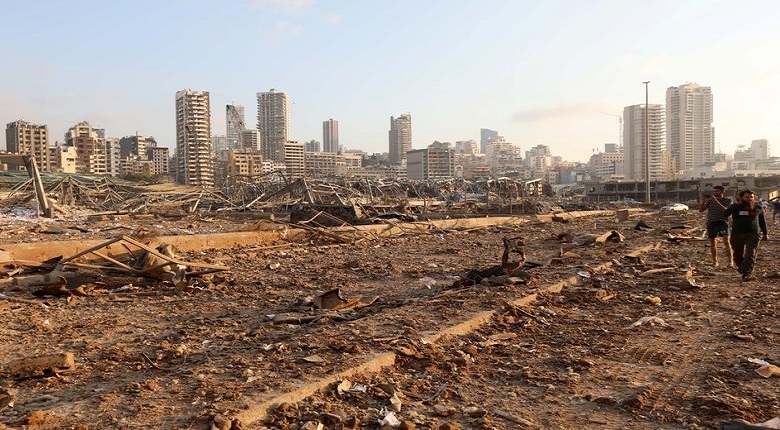Lebanese protesters took to the street yesterday in the aftermath of last week’s explosion, which killed at least 158 people and has left the nation with $ 15 bn in damage to clean up in the capital.
Prime Minister Hassan Diab called for early elections as police forces fired tear gas at demonstrators who took to the streets of the Lebanese capital yesterday demanding the government’s resignation. Four members of parliament resigned in response to the demonstrations.
Demonstrators briefly occupied the foreign, economy and energy ministries as well as Lebanon’s banking association, according to AFP’s Beirut bureau.
Lebanon UPDATE:
Protesters have now:
– Taken over foreign ministry
– Stormed economy ministry
– Stormed Association of banks of Lebanon
– Taken over energy ministryAnd looks like more to come…@AFP pic.twitter.com/6cVLqbBigf
— AFP Beirut (@AFP_Beirut) August 8, 2020
Food security is an issue in Lebanon, which imports almost all of its wheat. Its only large grain silo was destroyed in the blast. The country was already battling a financial crisis this year, defaulting on debt exceeding 150% of economic output and with IMF loan negotiations at a virtual standstill.
President Michel Aoun has raised the possibility that the explosion was caused by “external interference,” announcing to the local press that an investigation would determine whether it was the result of negligence, an accident, or an attack. Twenty people are said to have been detained so far in relation to the blast. Aoun previously said explosive material was stored unsafely for years at the blast site.
